So you’ve made the switch from plastic bottles to reusable water bottles. You refuse plastic bags when you go shopping and instead bring a reusable one. You actively request for a straw not to be put in your drink when you order one…… now what?
If you want to up your game and take more steps to reducing your waste but are unsure how to do so, Gili Lankanfushi is here to help! Here are some tips and examples on how to minimise waste in your day to day life along with some examples of how we do our best at Gili Lankanfushi.
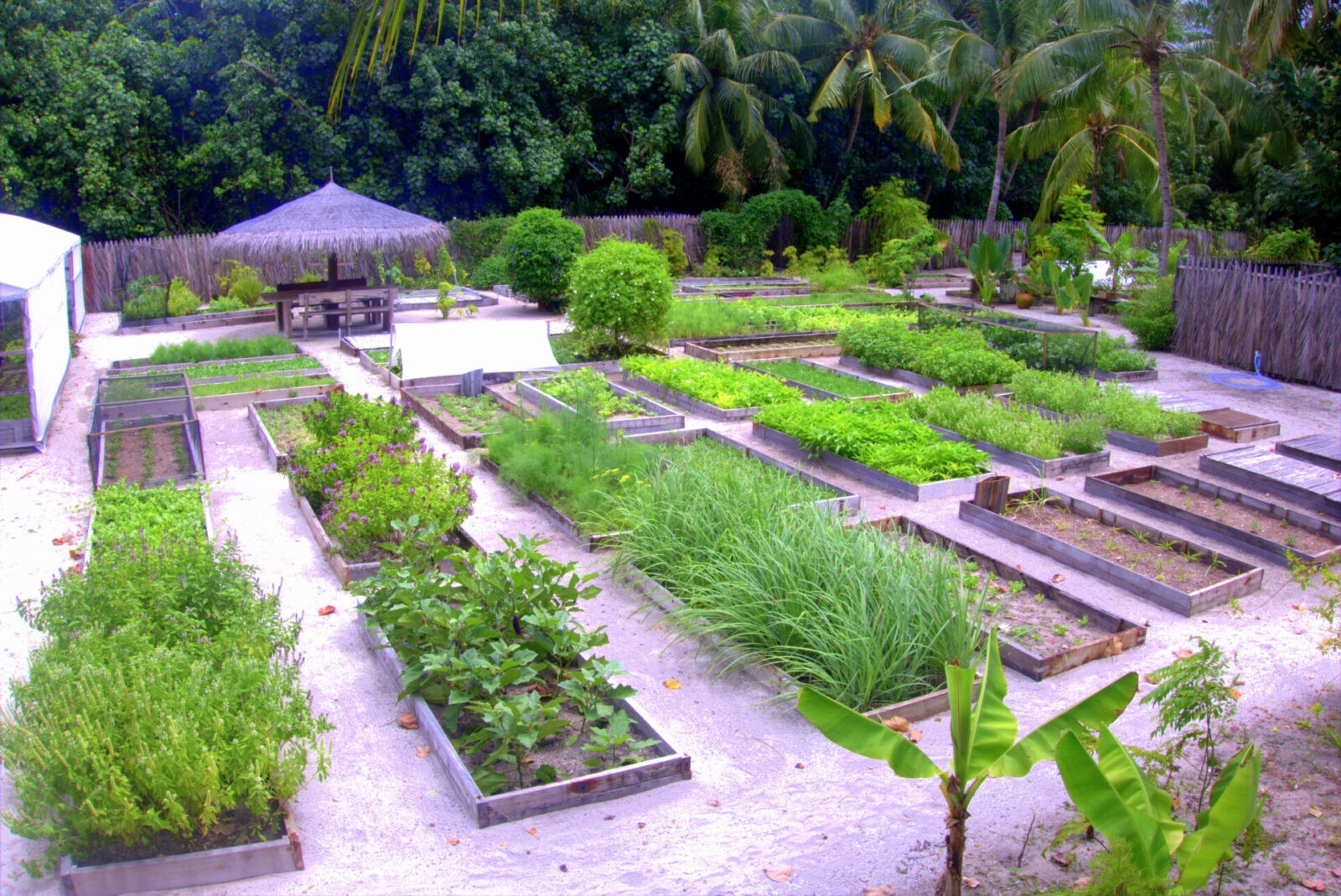 Organic Garden at Gili Lankanfushi
Organic Garden at Gili Lankanfushi
Something that we all need to do to survive is eat. Most of us might shop at the grocery store or supermarket and not give a second thought to it. Take a closer look at what you are buying. Is your kale wrapped in plastic? Is your steak wrapped in plastic? Is your honey in a plastic bottle? An easy way to avoid all this packaging is to shop at a farmers market and buy local produce. Not only are you reducing plastic, you’re also supporting local businesses! Zero waste grocery stores are also becoming more popular; where consumers have to bring their own containers and bag to take the products home, so keep a look out for one opening in town! At Gili Lankanfushi, we’re on an island paradise that makes it a little difficult to find a local farmers market. But instead, we have our own organic garden where we grow our own herbs and vegetables. Can’t get more fresh and healthy than that!
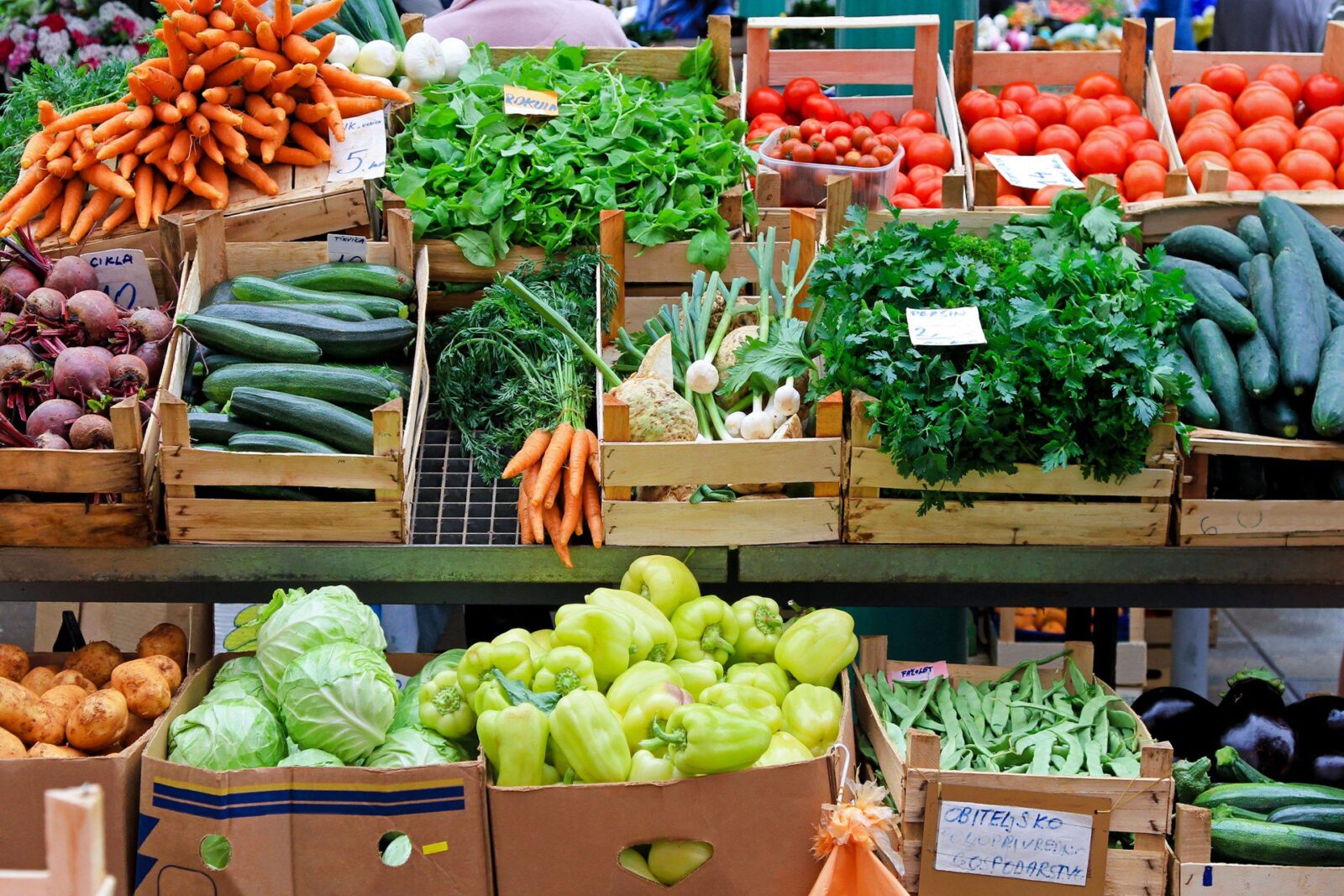 Photo from www.fee.org
Photo from www.fee.org
Speaking of plastic packaging for food. What do you do with leftover food that you want to keep for the next day? Or left over meal from a party to give to a friend to take home? We often don’t think twice about wrapping food in plastic cling wrap. It may seem hard to find another option for this but, lo and behold, there is! Reusable food wrapping made from bees wax can now be found online or in stores! So wrap away my friends.
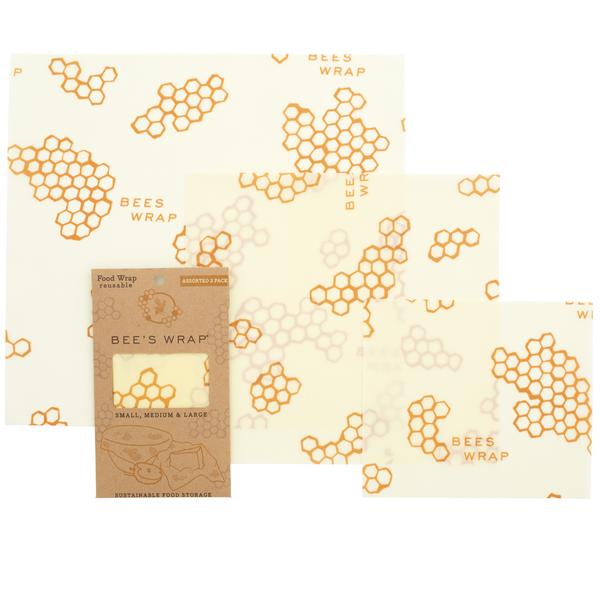 Photo from www.beeswrap.com
Photo from www.beeswrap.com
And the food that’s gone bad, or is too much…do you simply clear it into a bin? Did you know that roughly one third of the food produced for human consumption is wasted every year?![1] If you’ve cooked up a meal too big for the party, instead of heading straight for the trash, why don’t you give composting a thought? Compost waste can be kept in the freezer to prevent foul smells, and for those of you that have a yard, you can use it as fertilizer! At Gili Lankanfushi we have a powerful compost machine (and might I add we were the first resort in Maldives to have one!), that we use to compost 90% of our food waste from the island. The fertilizer that gets pumped out is then used for our organic garden. How about that for a full cycle of zero waste!
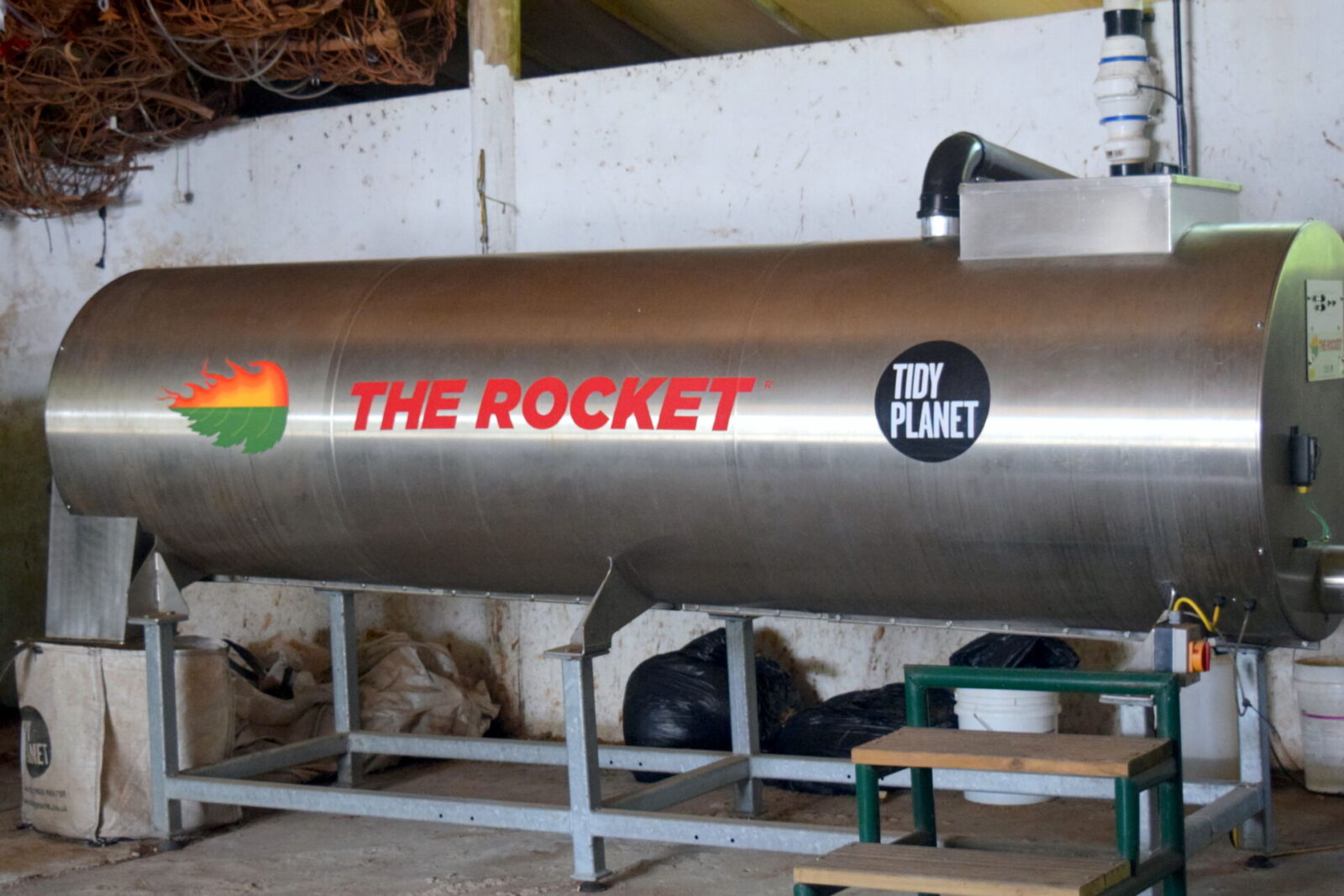 Rocket Composter at Gili Lankanfushi
Rocket Composter at Gili Lankanfushi
Something that (I hope!) we all do every day is take a shower or bath. This everyday ritual may seem harmless but the shampoos and soap are often culprits of waste and pollution. Think of how many plastic bottles of shampoo, conditioner, body wash and other self-cleaning products we use. The contents of these products also often contain chemicals or micro-plastics that are washed down the drain and eventually end up in the ocean.
A new and fun alternative are shampoo and wash bars. Like a bar of soap except for your hair and body. Plus these bars are usually made from more natural ingredients that are gentle on the skin and not damaging to the environment. Bars are still a relatively new product, so if you’re unable to find them easily, bulk buying your shampoos will help cut down your plastic use. At Gili Lankanfushi, we do this and refill pots in our rooms.
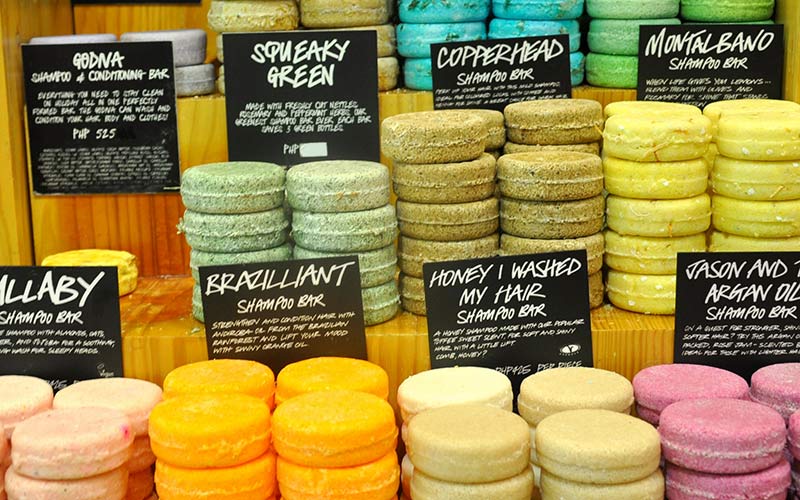 Photo from www.revolutionhairandbeauty.com
Photo from www.revolutionhairandbeauty.com
These are just a few examples of small changes that we can choose to take to reduce the waste that we produce. If you’re looking to really go the extra mile(s) to cut down on your waste, zero waste lifestyle is becoming a more accessible way of life. More and more blogs and website of people who have chosen to commit to those values are popping up. Even if you’re unable to live a completely zero waste lifestyle, you can find ways to reduce and reuse. These resources offer a lot of alternatives and ideas to things you might not have even realized could be replaced. Have a look around if you’re interested!
[1] http://www.fao.org/save-food/resources/keyfindings/en